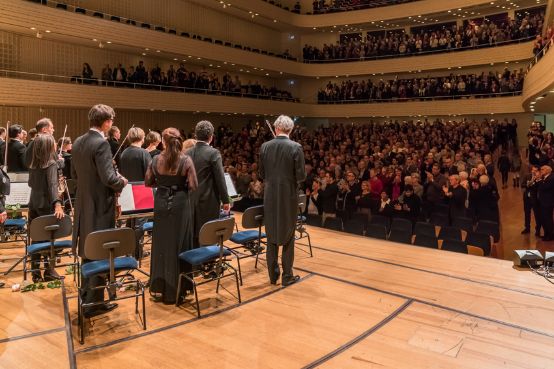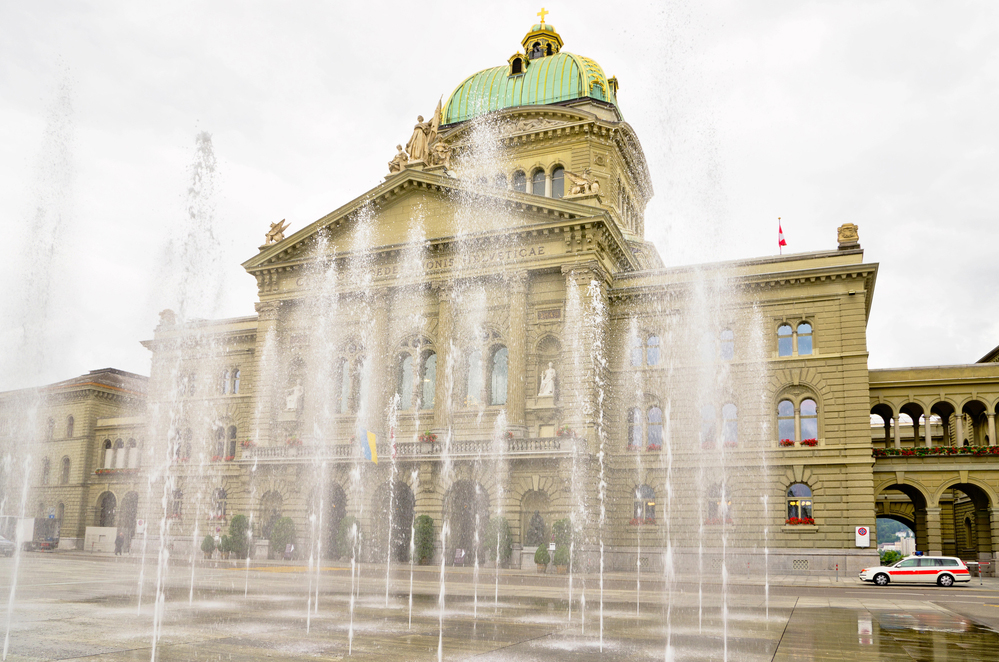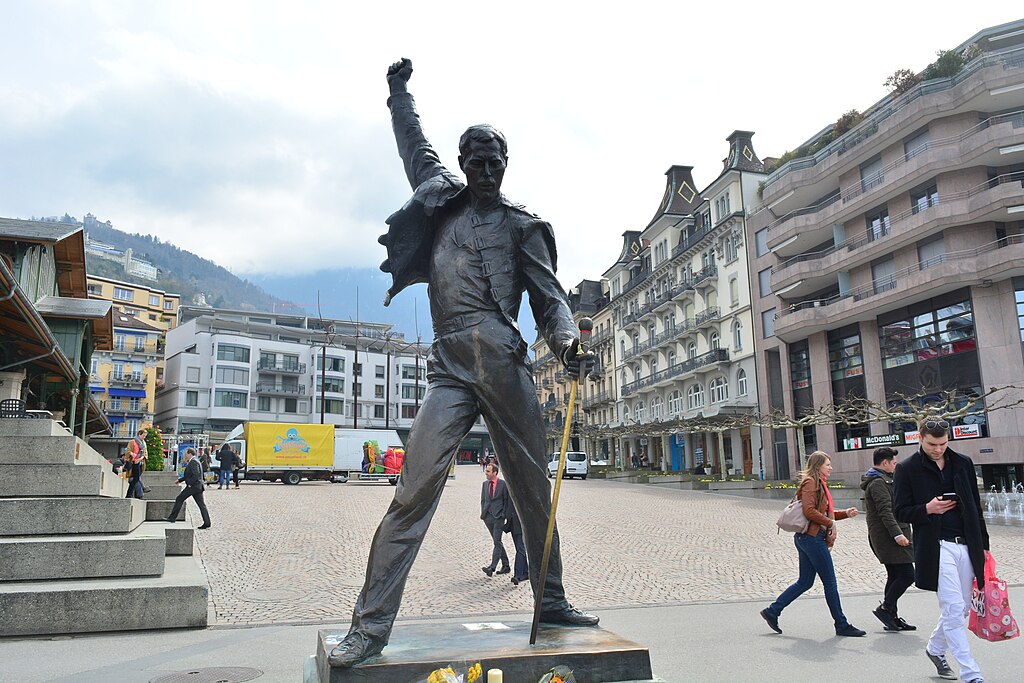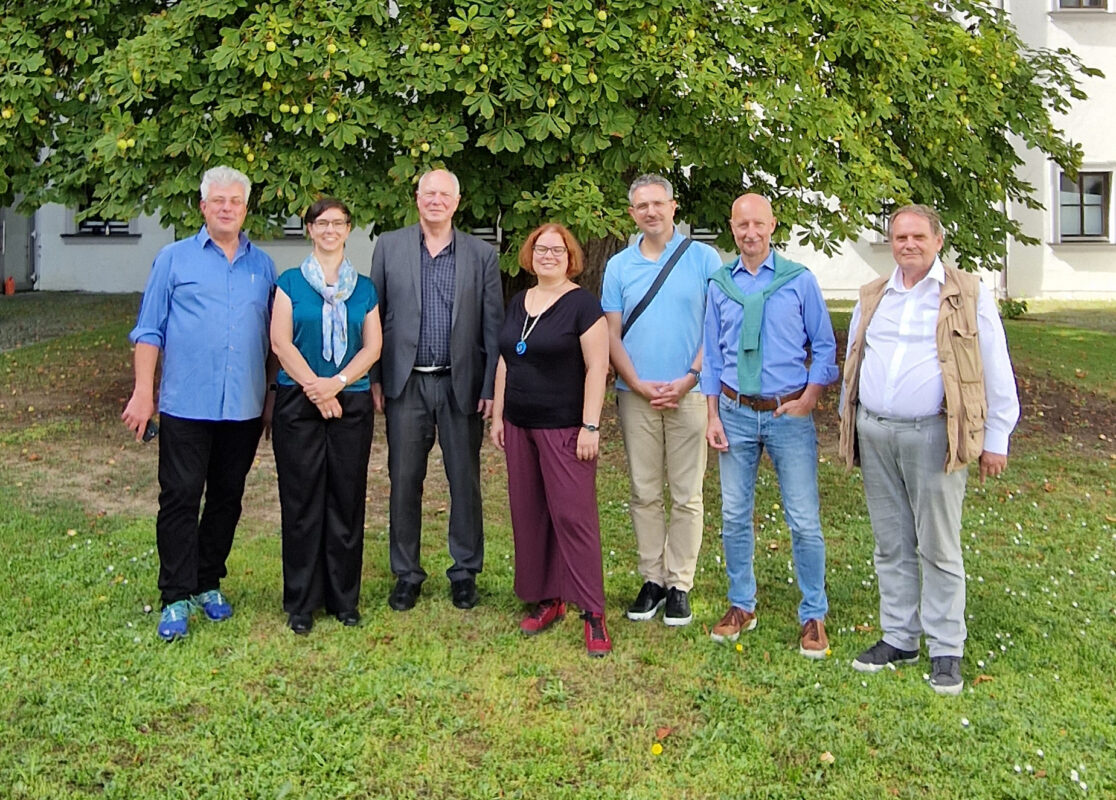Impending downward spiral
If the government has its way, the Lucerne Symphony Orchestra will have to make savings from 2018. The consequences would be devastating.

In September of this year, the Lucerne cantonal government passed the "savings package". The term has long since lost its euphemistic ring. Even the official title of the 160-page dossier, "Consolidation Program 2017 (KP17)", cannot hide the fact that this package contains a hefty dose of explosives. The intention behind KP17 is to balance the financial budget of the canton of Lucerne in the medium term. A deficit of around CHF 520 million is forecast for the next three years. The proposed cost-cutting measures are aimed at many areas. They do not stop at education and culture either. Music schools, universities and major cultural institutions, including in particular the Lucerne Symphony Orchestra (LSO), would be affected by them.
On the face of it, KP17 may appear to be an attempt to bundle a large number of requirements into a pragmatic, ideal-world compromise. However, the sword of Damocles hangs over it, true to the motto: Woe betide anyone who dares to unravel the package put together by the Government Council! When resistance grew among the population after the dossier was published on September 6, 2016, the non-party, FDP-affiliated cantonal finance director warned municipalities, teaching staff and cultural workers in particular not to represent their own interests without keeping an eye on the ailing overall budget. The warning understandably faded into the wind. Firstly, it is not primarily about their own interests, and secondly, the political system is virtually predestined for resistance. In mid-October, the civic-dominated municipalities threatened a referendum if the cantonal council were to impose the additional burdens envisaged in KP17 on the municipalities. In fact, at its meeting on November 7, the majority of parliament agreed with the municipalities and removed CHF 70 million from the savings package.
Party political trial of strength
It was also the music schools' turn in the November session of the cantonal council. After an in-depth debate, the halving of the cantonal per capita contribution to communal music schools was decided. 84 parliamentarians were in favor and 29 against. The measure was unanimously rejected exclusively by the SP and the Greens. In addition, 8 out of 29 CVP MPs voted against the measure. It is intended to relieve the cantonal budget by CHF 3.6 million over the next three years. The left-wing parties had warned against the cost-cutting exercise, saying that higher tuition fees would make it more difficult for everyone to access music lessons. The leading argument from the ranks of the liberals was that music lessons could be afforded by those who really cared about them. Behind this is the familiar pattern: the conservatives welcome the austerity measures in principle, while the left-wingers do not want to reduce services, but denounce the low tax policy. The CVP itself even had to admit that the low-tax strategy was a losing proposition. The SVP, on the other hand, is fighting vehemently against higher taxes. Whoever is right in this party dispute, the LSO is definitely not to blame for the financial imbalance of the cantonal budget.
More self-sufficiency is not possible
Compared to the rest of Switzerland, the LSO's degree of self-sufficiency is record-breaking, thanks to the ingenious cooperation between the public and private sectors (public-private partnership). In figures, this is expressed as follows: the LSO earns 3.5 million from ticket sales, with a further 3.5 million coming from the private sector. The LSO receives 4 million in compensation for its second identity as the opera orchestra of the Lucerne Theater. The share of public funding for the LSO as the symphony and resident orchestra of the KKL amounts to CHF 3 million. In business terms: With every franc of tax paid in directly, the LSO achieves a value added of over 330 percent, since with 3 million in basic funding a product of 10 million is offered (excluding services at the theater). This value is an indicator of extremely economical action. The government council has cut the 3 million in subsidies required for this, the foundation so to speak, albeit not directly: all major cultural institutions, including the Lucerne Festival, the Lucerne Theater, the Museum of Art and the Museum of Transport in addition to the LSO, receive public support via a special-purpose association. KP17 provides for cuts of 1.2 million to the cantonal contribution to the special-purpose association. Peanuts, you might think. However, the reduction of 1.2 million by the canton would also result in a reduction in the municipal contribution to the special-purpose association. Instead of the previous 3 million, the LSO would then only receive 2.5 million from the public purse. A huge strain. Numa Bischof Ullmann, Director of the LSO, points out that it would be impossible to compensate for the shortfall with even higher sponsorship income. "Even politicians agree that the amount of private money we mobilize cannot be increased any further." The sponsors are already a certain factor of uncertainty. In addition, a decline in subsidies would also call private contributions into question. Wolfgang Rihm, a close friend of the orchestra for many years, aptly described this domino effect: "So far, there has been a subtle interplay between public and private funding. However, private funding is only motivated when the publicly supported foundation is healthy. Private funding would come to nothing if the important forces of self-renewal were decimated by the withdrawal of public funds from the cultural institution to be supported. In concrete terms: a public cultural institution such as an orchestra withers from within if positions can no longer be optimally filled. When programs gradually have to be kept more and more conventional. When the very best soloists and guest conductors can no longer be invited. Slowly, insidiously, step by step, the appeal of such an ensemble disappears. It will still be able to produce 'home cooking', so to speak, but will no longer play a role in the national arena." Home cooking, as Bischof knows, excludes the promotion of excellence. "Our funding approach requires a high artistic profile."
Boomerang effect
The medium-term consequence would be a deficit of up to 4 million if there were no private funding. Based on the assumption that politicians and the public want to maintain the orchestra, the deficit would be passed on to the public purse. Politicians would therefore achieve the opposite of what they intended. And what if the LSO were to reduce its concert program in order to spend less? That would be counterproductive, says Bischof, as every project generates the vital contribution margins through ticket revenue and sponsorship acquisition. "For us, earning even less would simply mean not being able to cover fixed costs." The reverse option, more income through more offerings, would also be out of the question. "We have long since reached the limits of our capacity," says the artistic director. Even more services could not be imposed on the musicians. Beat Santschi, President of the SMV, also considers the cost-cutting scenario to be unacceptable: "A further reduction is unacceptable for responsible employers of 70 great professional musicians! In the interests of future generations, the healthy financing of the orchestra must be secured in the long term and not reduced, because an orchestra that has been cut to death will never come back!"
The dangers lurk elsewhere: neighbouring cantons could see themselves legitimized to reduce their equalization payments to the canton in which they are located. Only recently, the Aargau FDP called for the canton to withdraw from the intercantonal equalization of cultural burdens. The Aargau cantonal government gave the all-clear, but the danger has not yet been averted. A high-ranking CVP representative commented: "As a Zug resident, I enjoy attending concerts by the Lucerne Symphony Orchestra and the Lucerne Theater. I therefore support the equalization of cultural burdens out of conviction. But beware: if Lucerne cuts its own financial support, the other cantons will follow suit. I would like to avoid weakening Lucerne as a cultural location."
What happens next?
On December 12, the cantonal council will vote on the government council's savings proposal. The chances of it being averted are not bad. The orchestra is currently doing everything in its power to raise public awareness of the fact that it costs the taxpayer the least of all Swiss professional orchestras. (The fact that the LSO is by no means interested in undercutting the competition is explained by the context described here). At the same time, the competitive environment of the KKL's resident orchestra, where the world's most important orchestras play together, demands constant top performances. It should be in everyone's interest to protect the supporting pillars of the tension between economic discipline and the highest artistic standards from erosion.
Does Lucerne really want an orchestra? This question is not taboo for Bischof insofar as he wants to initiate an open and honest discussion about performance. His words are mixed with a slight aversion to debates that are only about maintaining what has grown historically for its own sake. In response to the (rhetorical?) question of whether Lucerne at all would like to have an orchestra, two more follow for him: What what kind of orchestra does the region want? And how much should it cost? In this way, the LSO does not counter linear cost-cutting with dull protest, but with an attitude that invites an exchange of ideas. The risk of the first question being answered in the negative is close to zero. This is more than suggested by the LSO's very well-attended thank-you concert on November 13 at the KKL, which the musicians not only performed without a fee, but also without their chief conductor. His schedule did not allow him to conduct the concert, which had been arranged at short notice, as much as he would have liked to. The LSO mastered the challenge with flying colors. May this wonderful concert evening be a harbinger of a good outcome to the vote!
Link to the online petition








